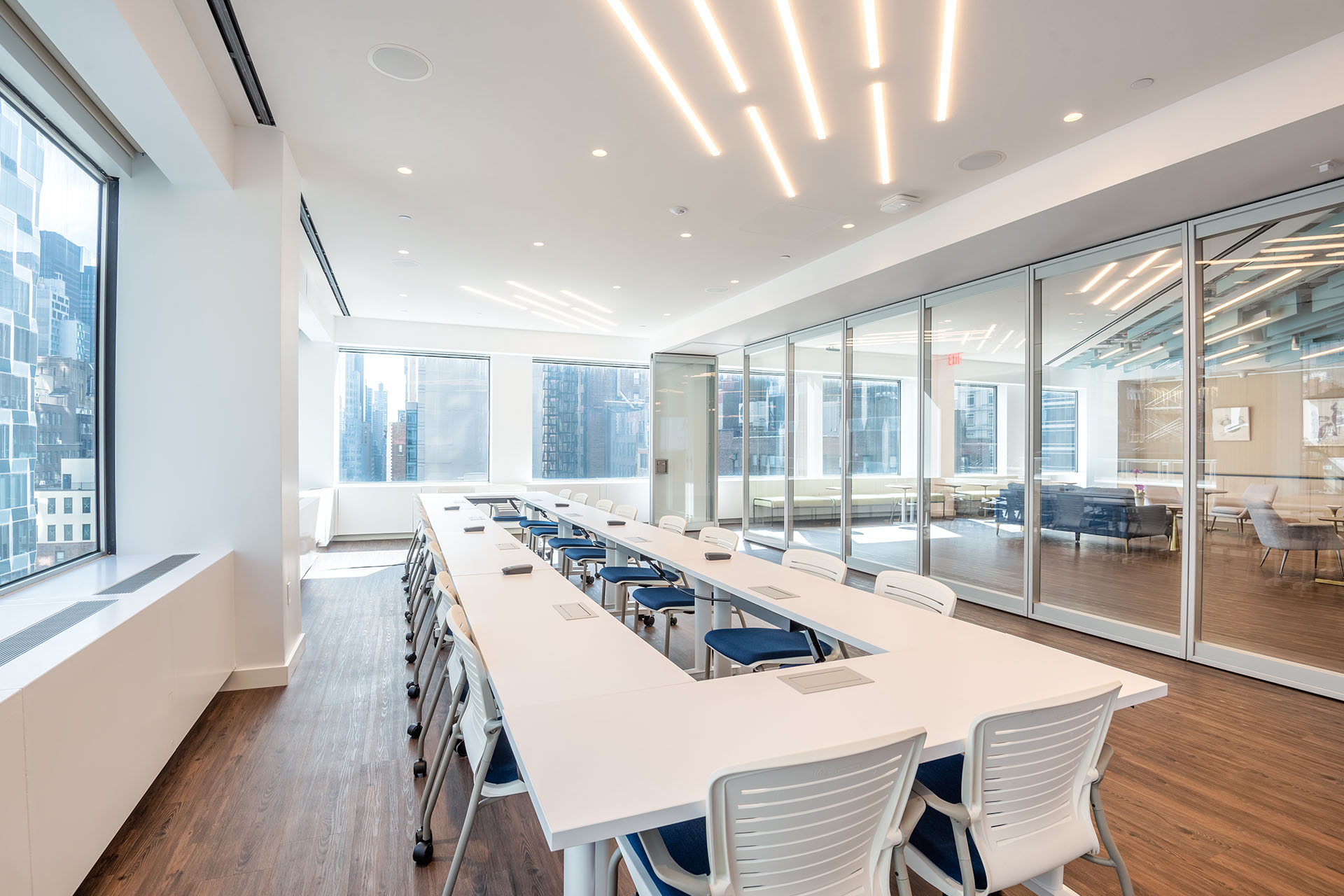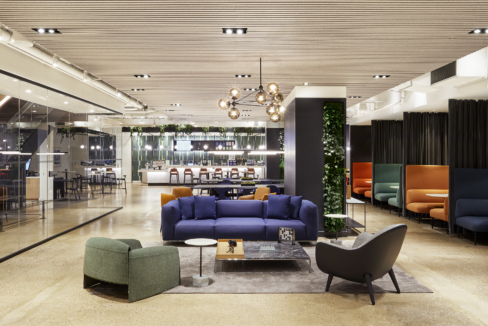Our stylish spaces are designed to ignite connections, motivation and creativity. With our premium technology, gourmet culinary offerings and outstanding hospitality, we will exceed all expectations for your next corporate meeting or private event.
Featured Event Venues
Curated meeting and event spaces, in the most desirable locations.
Visit our locations page for a full list of all of our properties in New York, Minneapolis and Austin.
Featured Locations
Explore event spaces designed to inspire.
-
3
 Featured
Featured141 Willoughby Street
Brooklyn Corporate Event Venue 141 Willoughby Street – Brooklyn’s Rooftop Address It’s all happening in Downtown Brooklyn. With this neighborhood…
Max Attendees150Largest Space5,000 sq ft -
11
 Featured
Featured140 Broadway
140 Broadway: Thoughtfully Designed Event Space for Large Meetings and Events Ideal for up to 250 people, this 12,000 sq.…
Max Attendees250Largest Space12,000 sq ft
Get in Touch
Connect with an event planner to learn more about each of our event venues or set up a tour to experience our 5-star hospitality.
Why Choose Us?

Inspired Spaces, Bespoke Experiences
We create spaces and experiences for people like you – those looking for a beautiful space that matches their own aesthetic or brand to serve as a backdrop for a memorable event paired with unique experiences to promote collaboration, spark joy, or inspire creativity.

First-Class Service
We sweat the details, so you don’t have to. Our team of passionate on-site professionals will look after all the logistics, so you can focus on your guests at your training, onboarding, strategy session, product launch, cocktail reception, or celebration of any kind.

Tech-Forward Amenities and Connectivity
From high-speed Wi-Fi to state-of-the-art AV equipment, our best-in-class technology offers premium production quality, paired with dedicated in-house expert support for seamless meetings and events, fully in person or hybrid.










